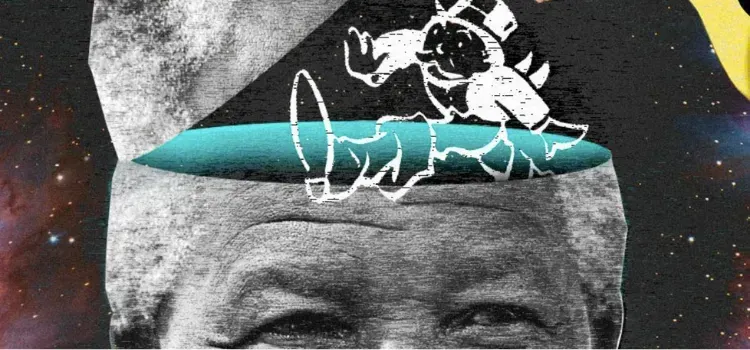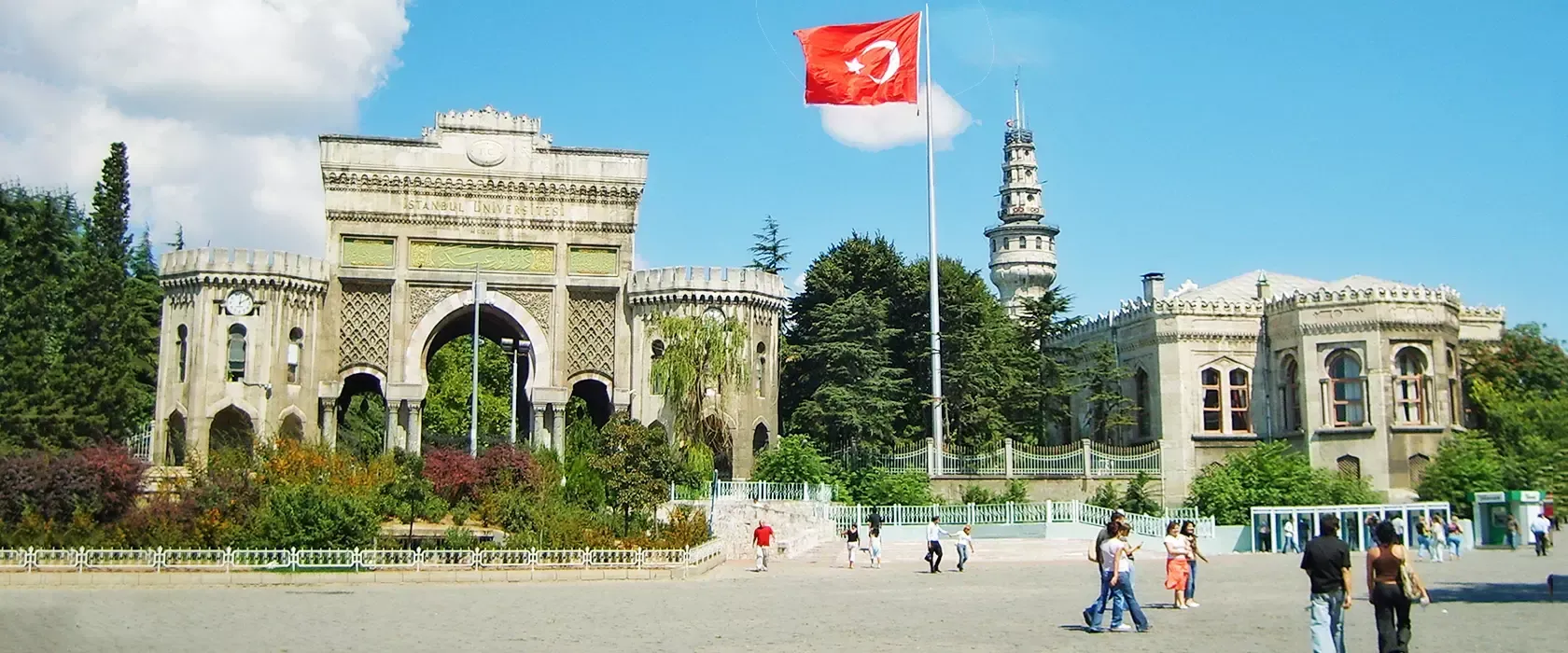What is the Mandela Effect?
What is the Mandela Effect?

If you've ever experienced a vivid moment about something that never actually happened, it seems you're not alone in this alternate reality. The Mandela Effect, although likely existing for centuries, was coined by paranormal researcher Fiona Broome in 2009.
The Mandela Effect calls into question even the most mundane memories from the past, essentially meaning remembering something that doesn't align with historical records. If you're curious about what the Mandela Effect is, let's explore it together.
How Does the Mandela Effect Occur?
There are several possible explanations for the Mandela Effect, including:
The concept of false memories provides a possible explanation for the Mandela Effect. False memories are inaccurate or distorted recollections of an event. Some false memories may contain elements that closely resemble a real event.
Confabulation is another potential mechanism underlying false memories and the Mandela Effect. Confabulations are false statements or retellings of events devoid of relevant evidence or factual support. While technically incorrect, the speaker accepts these statements as true.
Broome defines the Mandela Effect as a clear memory of an event that never occurred in this reality. Her explanation is connected to several popular theories suggesting that the Mandela Effect arises when interacting with other alternative realities or parallel universes. The concept of alternative realities stems from quantum physics and string theory.
Based on string theory, it can be argued that our universe is just one of potentially countless other universes, known as the multiverse. While the mathematical foundation of string theory holds promise, it remains highly contentious and unproven.
Another reason for the Mandela Effect is erroneous reporting. For example, news reports of the deaths of famous individuals, whether intentional or accidental, can lead people to believe in something untrue.
Have you ever woken up from a vivid dream and felt like you actually experienced the events that occurred in your sleep? Realistic dreams can also create the Mandela Effect.
The distortion of an individual's memories is intriguing, but it becomes fascinating when a large group of people shares a misinterpreted memory about an event. These are referred to as "collective false memories." People tend to accept what others say as truth. Under these conditions, collective memory forms through reinforcement and validation by others.
Examples of the Mandela Effect
Human memory can be prone to many misconceptions. When examining Mandela Effect examples, some possible explanations, the amalgamation of these misconceptions, can shed light on this phenomenon. Here are some of these examples:
Broome recalls vivid memories of herself and some acquaintances witnessing a televised funeral in a prison years before the actual passing of activist and former South African President Nelson Mandela. However, the man after whom the theory is named actually passed away in 2013 due to a respiratory infection. Nonetheless, countless people distinctly remember him dying in prison in the 1980s.
The iconic character of Monopoly, Mr. Monopoly, is often remembered wearing a top hat and monocle. However, Rich Uncle Pennybags has never been depicted wearing a monocle, yet many people imagine him this way.
The Flintstones, despite being so internationally recognizable, leave many people unsure of how to spell the family name. While it may be remembered as "Flintstones," the correct spelling is "Flintstones."
Some children of the 90s vividly remember black details on the tail of the Pokemon character. However, the tail is actually all yellow.
Kit-Kat might appear to have a hyphen in its name, but in the classic chocolate bar, there has never been a hyphen. It's spelled "KitKat."
Even some of the most devoted Star Wars fans argue that the robot C-3PO is entirely gold. However, upon close inspection, you can see that his right leg from the knee down is silver.
The famous painting of Mona Lisa's smile has led to numerous theories, with many people claiming that Mona Lisa used to have a more pronounced smile.
In the well-known fairy tale of Snow White, the evil queen is often misremembered as starting her query with "Mirror, mirror on the wall..." when, in fact, she says, "Magic mirror on the wall..."
In conclusion, the Mandela Effect is an unusual phenomenon where a large group of people remembers something differently than it actually occurred. It continues to be debated in terms of parallel universes and the fallibility of memory. Some argue that the Mandela Effect is a result of parallel universes and alternative realities, while others attribute it to the fallibility of memory. Regardless of the cause, the existence of the Mandela Effect is undeniable. It can also have a significant impact on a student's learning process. False memories can negatively affect performance and lower achievement. Therefore, staying informed about developments in the Mandela Effect can be beneficial.

Powered by Soodesk



